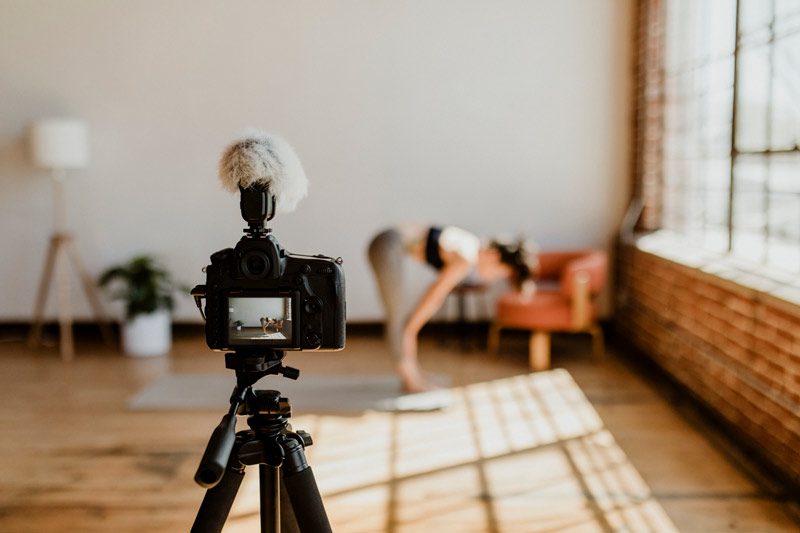“Comparison is the death of joy.” – Mark Twain
Body dysmorphic disorder (BDD) is an obsession with one’s appearance and becoming overly focused on flaws (real or imagined), leading to significant emotional distress. Those who struggle with body dysmorphia often attempt to “fix” the problem with excessive exercise, dieting, or cosmetic procedures. Fixing or eliminating one flaw only provides temporary satisfaction (2022, Mayoclinic.org ).
We seem to have evolved into a society obsessed with physical appearance and body modification. With the rise of social media and greater access to the world, Social networking sites, such as Facebook, provide abundant social comparison opportunities. While it’s natural for people to look to others for confirmation that they are doing the right thing and fitting into society, constant self-comparison can undermine confidence and lower self-esteem.
Social media is not solely responsible for this obsession, but it has contributed significantly to the problem. Natural beauty is no longer enough, and social trends are constantly motivating people to change so they “fit” and are accepted by their followers.
People who have undergone cosmetic procedures seem to have the most followers and receive the most attention on social media. Having a huge following has significant financial incentives, and these benefits reinforce the idea that people need to change their appearance to be accepted.
Some of the most popular influencers are people who have spent tens of thousands of dollars modifying their appearance even to the point of becoming permanently deformed.
Several studies have found that social media does have a significant impact on people’s mental health, the most vulnerable population being adolescent girls. A 2018 study published in The Lancet Journal found that social media use is linked to higher rates of body dissatisfaction among teen girls.
This information correlates with what is known about the development of body dysmorphic disorder. BDD usually develops during adolescence and can be caused by social pressures encouraging individuals to change their appearance. So much repetition of the same messages can lead people to feel self-conscious and dissatisfied with their appearance, even if at one point they accepted these perceived “flaws.”
Influencers can project an image on the internet. Although most of what we see on social media is only a glimpse of reality, it still significantly impacts how we perceive ourselves. Our brains may interpret these messages subconsciously, so it is not always easy to connect the dots and see how we are influenced.
While there is nothing wrong with getting a cosmetic procedure, we can’t deny that mental health issues often play a role in obsessive body modifications.
If you or someone you know experiences mental health issues, it is important to seek help from a qualified professional. Our Resource Specialist can help you find expert mental health resources to recover in your community. Contact us now for more information on this free service to our users.
About the Author: Suzanne Taluy is an LCSW and Certified Clinical Trauma Professional. She is also the founder of Embrace Psychotherapy, LLC, located in Norwalk, Connecticut. For more information, please visit www.embracepsychotherapyllc.com.
Image by www.rawpixel.com
The opinions and views expressed in any guest blog post do not necessarily reflect those of www.rtor.org or its sponsor, Laurel House, Inc. The author and www.rtor.org have no affiliations with any products or services mentioned in the article or linked to therein. Guest Authors may have affiliations to products mentioned or linked to in their author bios.
Recommended for You
- Veterans and Addiction Recovery: How Families Can Support Their Service Member’s Healing Journey - July 14, 2025
- Trauma-Aware Yoga: A Gentle Path to Healing and Recovery - July 10, 2025
- Why Eating Disorders in Men Are Often Missed - July 3, 2025





